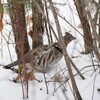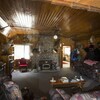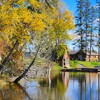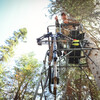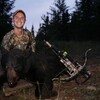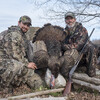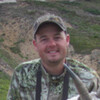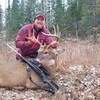
Inside Whitetail Deer Season
Big bucks…we are all in when we hear and think of the word. But how? Well, there are so many ways, concepts, and ideas shared that it can get confusing at times. This article is written to help hunters to hunt big mature bucks.
I hope I can shed some light on the way deer live, behave, and interact through the lengthy Ontario deer season to help you understand how and why deer are doing what they do during the close to 3-month long whitetail season in Ontario.
There are 4 major whitetail cycles or changes that occur during the Ontario deer season. Let's discuss the four and then some ideas of how to hunt each one.
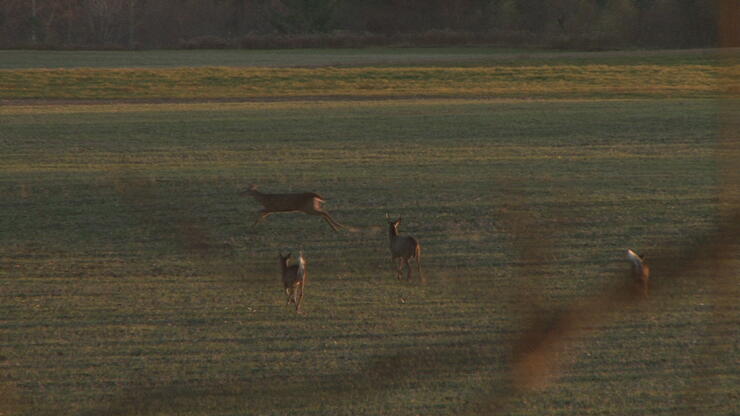
Summer Pattern
This pattern starts in late spring and runs through until mid-October. Most of our hunting areas have an open season sometime before this period ends. This period is when the does separate from the bucks and break off to have their fawns and then rear them through the summer. The bucks, in turn, split off into bachelor groups, and the big mature ones often surround themselves with younger bucks. Their testosterone levels are lower. During this time, they live near proper cover and their primary food source. The bucks can travel as little as 40 - 80 yards per day and usually no more than 200 - 300 yards. Their core area is extremely small, and they move very late in the day, offering very few daytime sightings.
Pre Rut
This season is exciting and starts about October 15 - 20 and runs through the first week of November, when the bucks' testosterone levels start to climb. They are starting to travel and expand their core areas. Setting up a pecking order or establishing dominance is now in order; rubs on trees and scrapes on the ground start to appear daily. These are all communication posts or signs to let other deer in the area know they have been here. A scrape will be used by multiple deer, they will paw the ground, almost always below a low-hanging branch, urinate in the scrape, then lick the branch and rub their forehead on it. The deer are not tolerating other bucks like they did all summer and start to spar and display dominance. Bucks will now start growing their core areas and looking for doe bedding areas and covering more ground, often travelling 2 - 3 times more than they were only weeks before.
Rut
This period usually runs from the 7th to the 24th of November, likely the most exciting time to be a hunter as the does are now coming into estrous and bucks of all ages know it. They are seeking a doe ready to be bred and travel almost nonstop until they find one. Their core area grows, and they have been known to travel many miles in a single day. Daylight movement heavily increases, and their caution lowers as they are solely focused on breeding. But when they find a doe ready to stand and be bred, he could stay with her locked down in a thicket for 24 - 36 hours.
Post Rut
This period falls from late November through the end of your deer season. The bucks have rutted hard and covered many miles, burnt almost all their fat reserves in the process, and are now turning their attention back to feed and getting ready for a long winter. Food sources are key, and their daylight movement increases as they start to eat often and days are shorter. Their travel route goes back to being very small as they are living right near their food source to conserve energy.
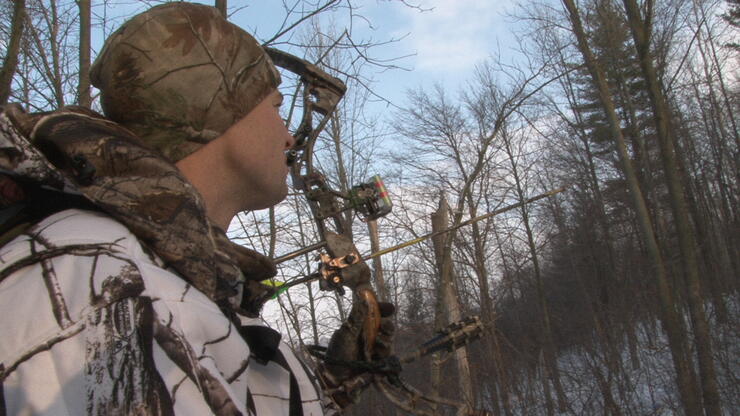
There are many ways to hunt each cycle, but here are some quick tips.
Summer Pattern
Unless you have scouted a mature buck from a distance and know that small core area he is bedding and then travelling to feed, stay out of the woods. It’s so exciting to start the deer season and go sit in a tree every morning and every night, but unless you know where that deer is you’re just putting a lot of undue pressure on the deer and harming the area for when things get good in a few weeks.
Pre Rut
Likely my favorite time to hunt, especially the 5 days before Halloween and the 5 days after. Most bucks are extremely active in this period, and the does are not yet ready to breed, so if you have does on your property, hunt around them; the bucks will be close by and travelling often to cover their core range. Be aggressive, rattle, grunt, hunt the wind, and try and be at the does food source or on the travel routes off bedding areas.
Rut
The season when we all love to hunt, but it can be frustrating. There are lots of does in your area and not many bucks. This means the big boys will stay in cover and breed the does without having to show themselves. Nothing beats time in a tree during this season. Hunt trails, hunt the wind, use scents, rattle antlers, and a grunt tube.
Post Rut
Hunt for food, find the corn, the hay, the acorn ridge, if big timber, find the food source, and hunt in the mornings and evenings. They will slip up in the late season and are driven by their stomachs. Aggressive tactics with calls and scents are not as effective.
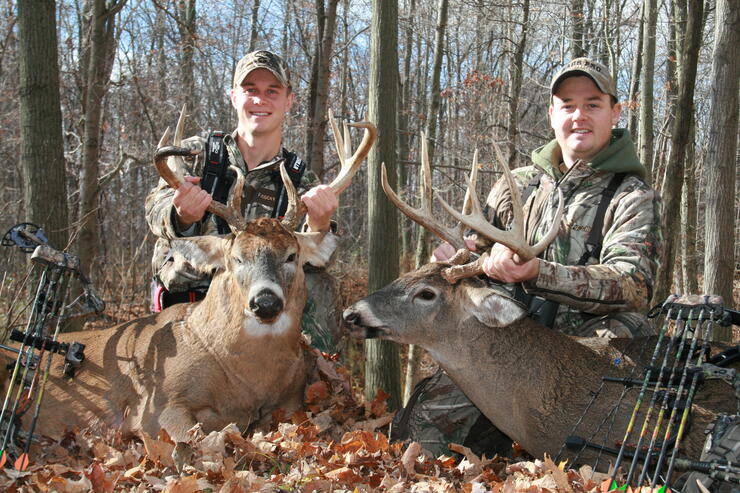
No matter what season you’re in, always hunt with the wind in your face, not blowing to where you think the deer are coming from. If you’re in a tree or on the ground, hunt and make sure your exit and entries are quiet and undetected.
I hope this helps you plan out your fall and understand the deer you are chasing.
Good hunting!
Recommended Articles

26 Amazing Whitetail Hunting Lodges in Sunset Country
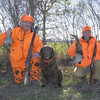
Top Pheasant Destinations
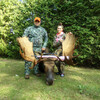
Ontario's Largest Moose by a Female
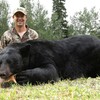
Crossing the Border into Canada
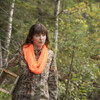
Becoming a Trapper
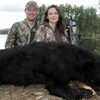
First Time Bear Hunt
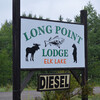
Grousing in Northeastern Ontario
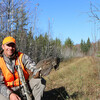
Grouse Hunting in Sunset Country
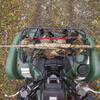
Big & Small
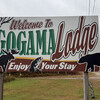
Gogama Lodge Grouse
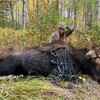
Moose Outfitters in Ontario
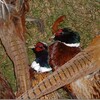
Pelee Pheasant
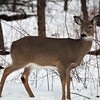
Deer in The Deep North
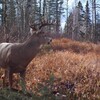
Northwest Deer
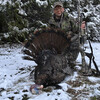
Hunting Turkey
Moose Calling Tips
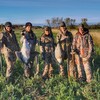
A Beginner's Guide to Hunting in Ontario
Turkey Tips and Tricks
